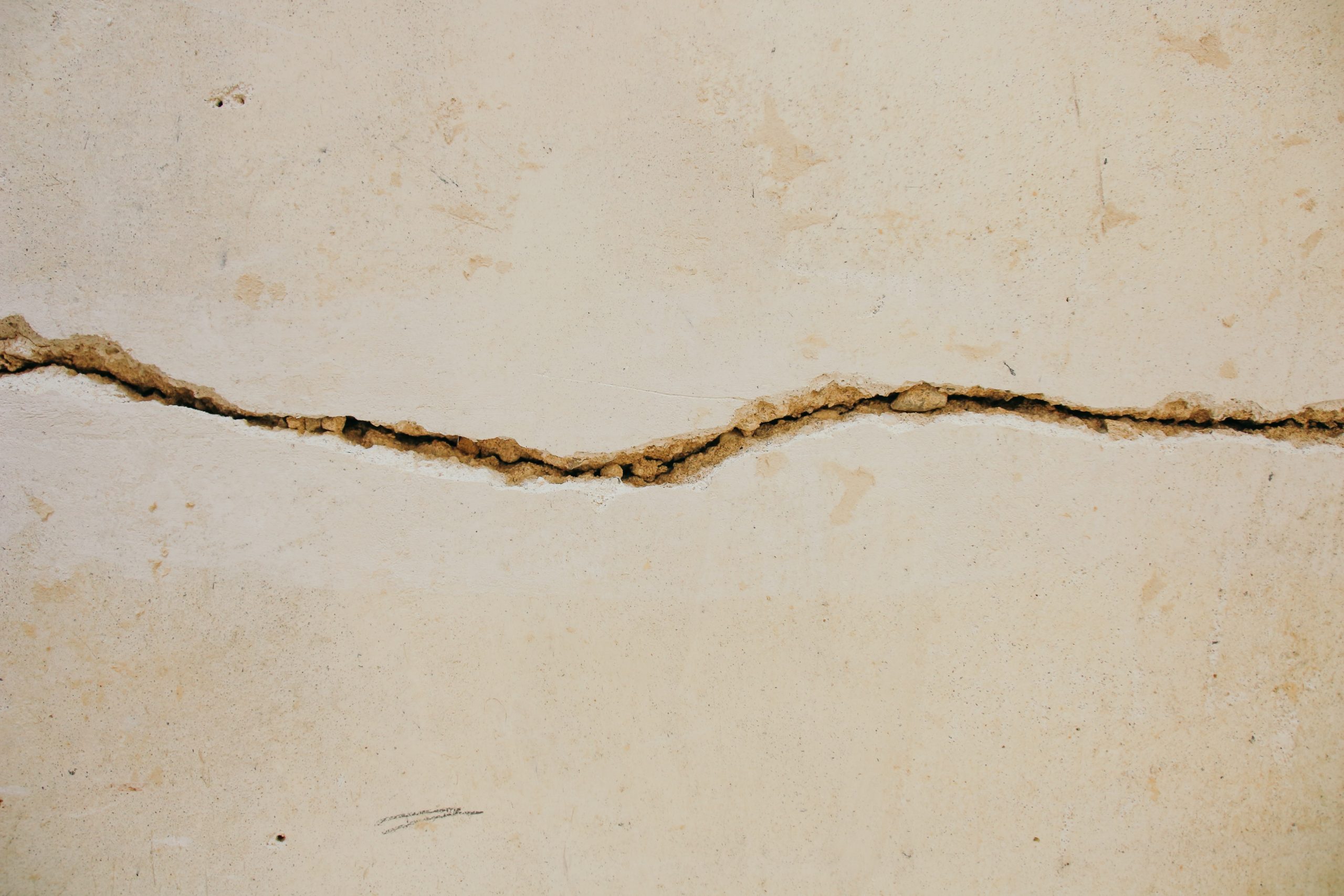Latent Defect and/or Fraud Disputes

Vaughn & Smith has long been recognized as the preeminent real estate litigation firm when it comes to handling claims related to non-disclosure/failure to disclose latent defects in the sale of residential and commercial property. Our Louisville based attorneys have represented both Plaintiffs and Defendants, so we have acquired a knowledge base that covers all sides of this type of litigation. We can help guide you through any Indiana or Kentucky Seller Disclosure Form issues and claims derived from contract, statute and common law.
What is a latent defect?
A latent defect is a fault in the property that could not have been discovered by a reasonably thorough inspection before the sale. The opposite of a latent defect is a patent defect, which is a fault in the property that could be noticed by careful examination.
When it comes to latent defect claims; knowledge is key.
Typically, for a seller to be held liable for failing to disclose a latent defect, a buyer must prove that they possessed knowledge of the defect.
Kentucky is a “Caveat Emptor” state. A Latin phrase for “let the buyer beware.” Essentially it proclaims that the buyer should perform his/her due diligence when purchasing real property. Some common examples would be the following:
Viewing the property
Asking questions
Reviewing the Seller’s Disclosure Form
Home inspection
Termite inspection
Title review
While none of these are “required” by the law, they do evidence a buyer’s due diligence.
Why must a seller disclose a latent defect?
There are several reasons:
It is required by Kentucky’s Seller’s Disclosure Form
There is a common law duty to disclose latent defects
There may be a contractual duty to disclose latent defects
There may be criminal and statutory liability for failure to disclose certain latent defects
What are the potential claims against the seller?
The seller that fails to disclose a latent defect may be held liable to the buyer under a number of legal causes of action. These include the following:
Fraud
Misrepresentation
Violation of statute
Breach of contract
What damages could the seller be held liable for?
If proven, the seller could be liable for an exceptional amount of damages. These include the following:
Consequential damages-Typically this is the “cost of repair” or the “difference in the fair market value” of what the buyer thought they were buying and what they actually received.
Punitive damages-These are assessed in order to punish the seller for his/her conduct and/or to reform or deter the seller and others from engaging in such conduct in the future.
Attorney’s fees and costs-Under certain circumstances the seller may be required to reimburse the buyer for these expenses.
Are you having a Latent Defect and or Fraud issue?
You should contact:
HONEST
ADVICE
AFFORDABLE
REPRESENTATION
INNOVATIVE
SOLUTIONS




